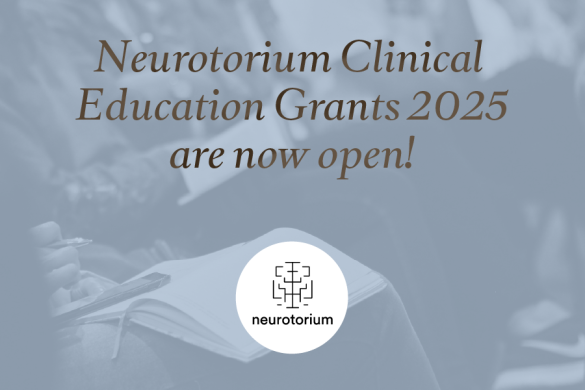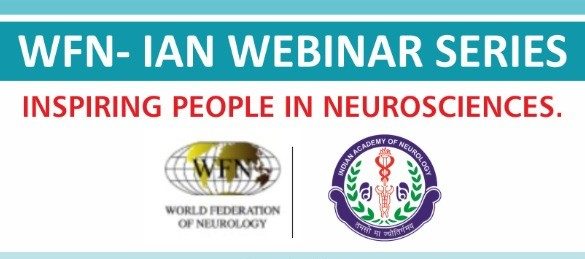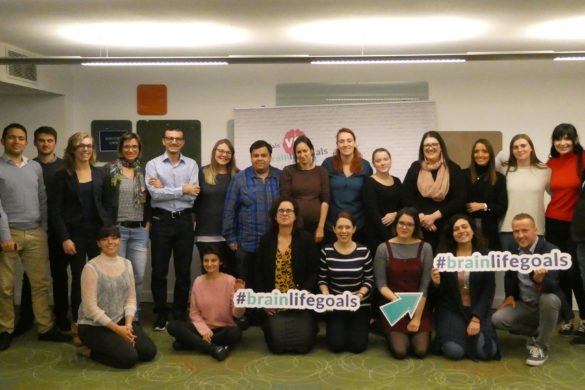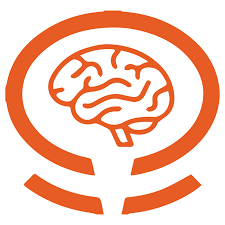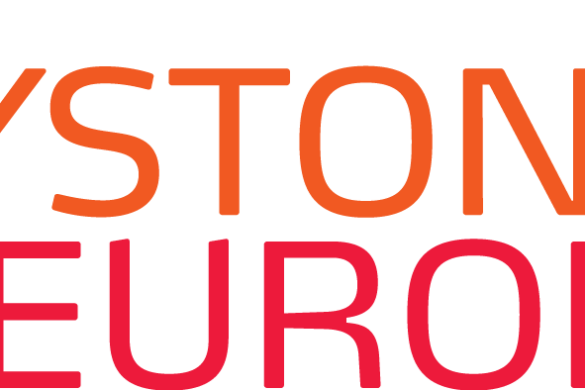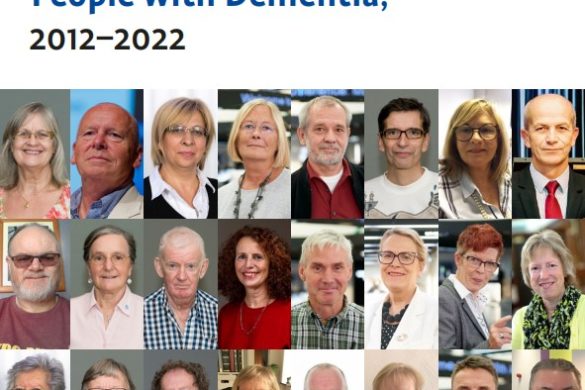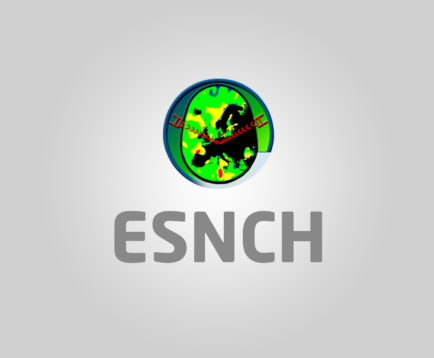By: Prof. Dr Mohammad Wasay MD, FRCP, FAAN Prof. Grisold Wolfgang, MD Prof Dr Steven L. Lewis
The World Federation of Neurology (WFN) will celebrate the 3rd Day of the Brain on July 22nd, 2016. The day commemorates the foundation of the WFN and indicates that neurology worldwide needs to join forces to overcome neurological diseases. This year’s topic is dedicated to the aging brain, both in preserving brain health, as well as to care for persons in need.
Globally those over the age of 60 are more than 800 million (12 percent of the world population) and this is growing, with the expectation that it will reach more than two billion by 2050. Currently 70 percent of the world’s older population live in developed and developing countries, but by 2025, 80% of the older population will be living in less developed countries.
The aging of the population has major social, health, and economic consequences in regard to non-communicable diseases, disability, and pressure on social support for older persons.
The prevalence of neurological diseases increases with age, including stroke, dementia, and Parkinson’s disease among others. It is estimated that 10 to 20% of people aged 60 to 80 years suffer from one or more of these diseases.
In the future, the preservation of brain health is the most important determinant of social and economic well-being of older persons in the future.
The World Federation of Neurology dedicated this year’s World Brain Day to the ageing population and has chosen the motto: “The ageing brain.” The intention is to increase awareness for prevention and management of brain and neuromuscular diseases in elderly persons.
A large number of individuals will be affected by diseases of the brain and the neuromuscular system. Thus it will be necessary to care for the elderly with progressive neurological diseases, and to provide the framework for quality of life, dignity, and the provision of necessary care.
Quality of life and a lack of disability can be associated with emotional well-being.
Despite prevention strategies, age is a non-modifiable risk factor as well as effects for neurodegenerative and hereditary diseases. Supportive, palliative care, and the hospice concept need to be integrated into the concept of neurological care in dealing with an ageing population.
In some of these diseases the focus has to shift from the aspect of a curative condition, towards the concept of palliative and hospice care.
The WFN public awareness and advocacy committee will prepare publicity material for this campaign, which includes logos, banner ads for web sites, handbills, brochures, posters, billboards, and presentations which can be used locally to promote this important event.
Delegates of WFN societies are strongly encouraged to organize awareness activities that may include press conferences, media briefing sessions involving local media, seminars, conferences, public awareness sessions, presentations at local schools, colleges, universities, posters, essays, drawing competitions, and newspaper and magazine articles.
If you have suggestions, or ideas for World Brain Day 2017, please do not hesitate to contact us at wbd2016@wfneurology.org




